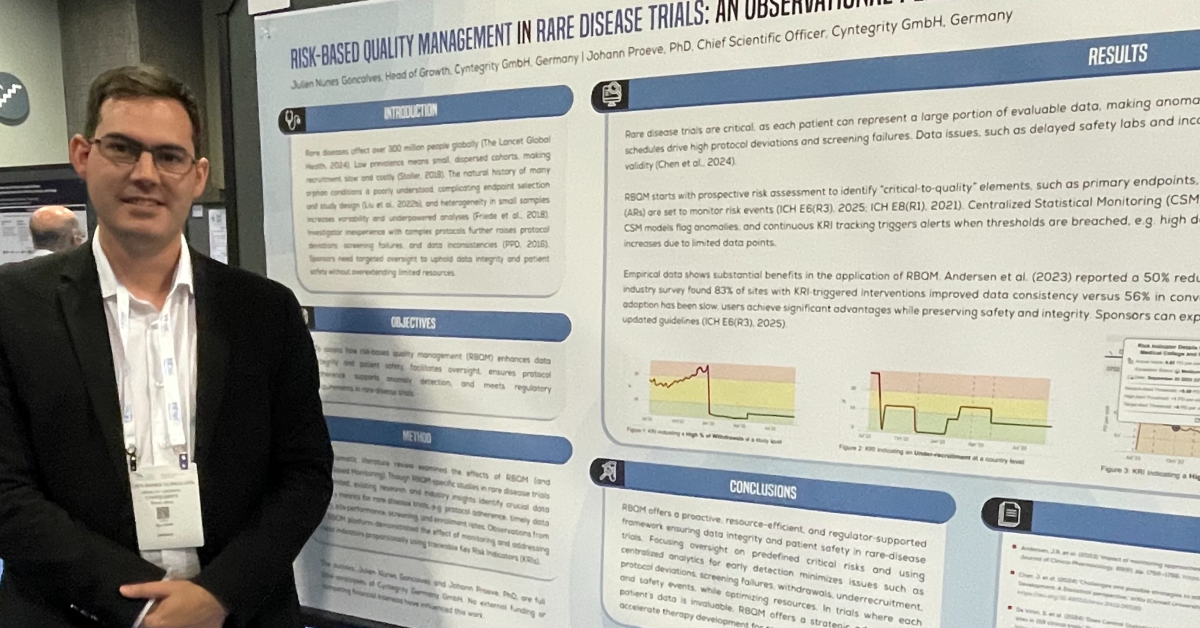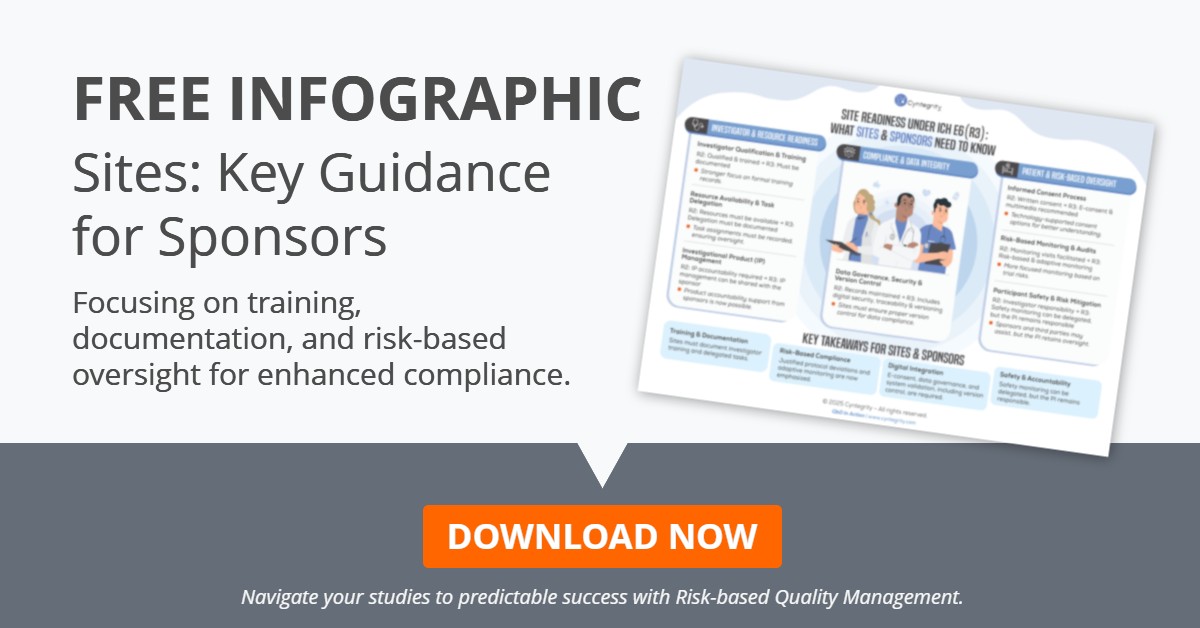When Early Prediction is the Key to a Trial’s Success
Some of the major challenges (risks!) in clinical trial conduct include delays in data entry, misconduct at the site, degradation of data quality (due to lost-to-follow-up cases/Informed Consent withdrawn cases), etc. Risk Based Quality Management has evolved through the use of data in order to mitigate these risks. For e.g. using audit trails from the EDC systems to check for data integrity, and by establishing timelines of important events. The following case study illustrates how the MyRBQM® system helped solve these problems using the principles of Risk Based Quality Management.
CASE STUDY II: Proactive Data Cleaning
In traditional clinical trial settings, accurately predicting important events is difficult. This may lead to extension of the study, inaccuracy in data and delays in the approval process.
What was the prediction?
In an Oncology trial, the RBQM system predicted the number of events required to run an interim analysis were going to occur around Christmas. This was important to the trial’s progress as one of the main efficacy parameters is the ‘time-to-event’ which can only be run on clean data.
How was this predicted?
Using the KRI = number of events (deaths) over time along with prediction feature in the MyRBQM® Portal. On the time-scale, it showed that the number of events very likely will be reached around Christmas, which then helped to work against that target date accordingly.

Why was the MyRBQM® Portal used?
- The Sponsor could proactively intensify the data cleaning
- All queries were ‘On Schedule’ for interim analysis which lead to risk minimisation
- The Study could be stopped early due to a positive outcome
Download: CASE STUDIES | How the MyRBQM® Portal Optimizes Clinical Trials

The relationship between information and risk/opportunity has changed. Clinical trials generate more searchable information than they used to. Integrated, time stamped audit trails automatically track and record what study teams and site staff do, who they communicate and collaborate with and at what point in time; the technology they use also captures subtler user information, such as how well individual users adhere to the protocol, how quickly they enter the data and how fast they respond to queries.
As more clinical recording systems become interconnected, so the amount of information clinical trials inadvertently create will continue to grow. Risk-based Quality Management has evolved through the use of data in order to mitigate risks and provide optimization opportunities.






